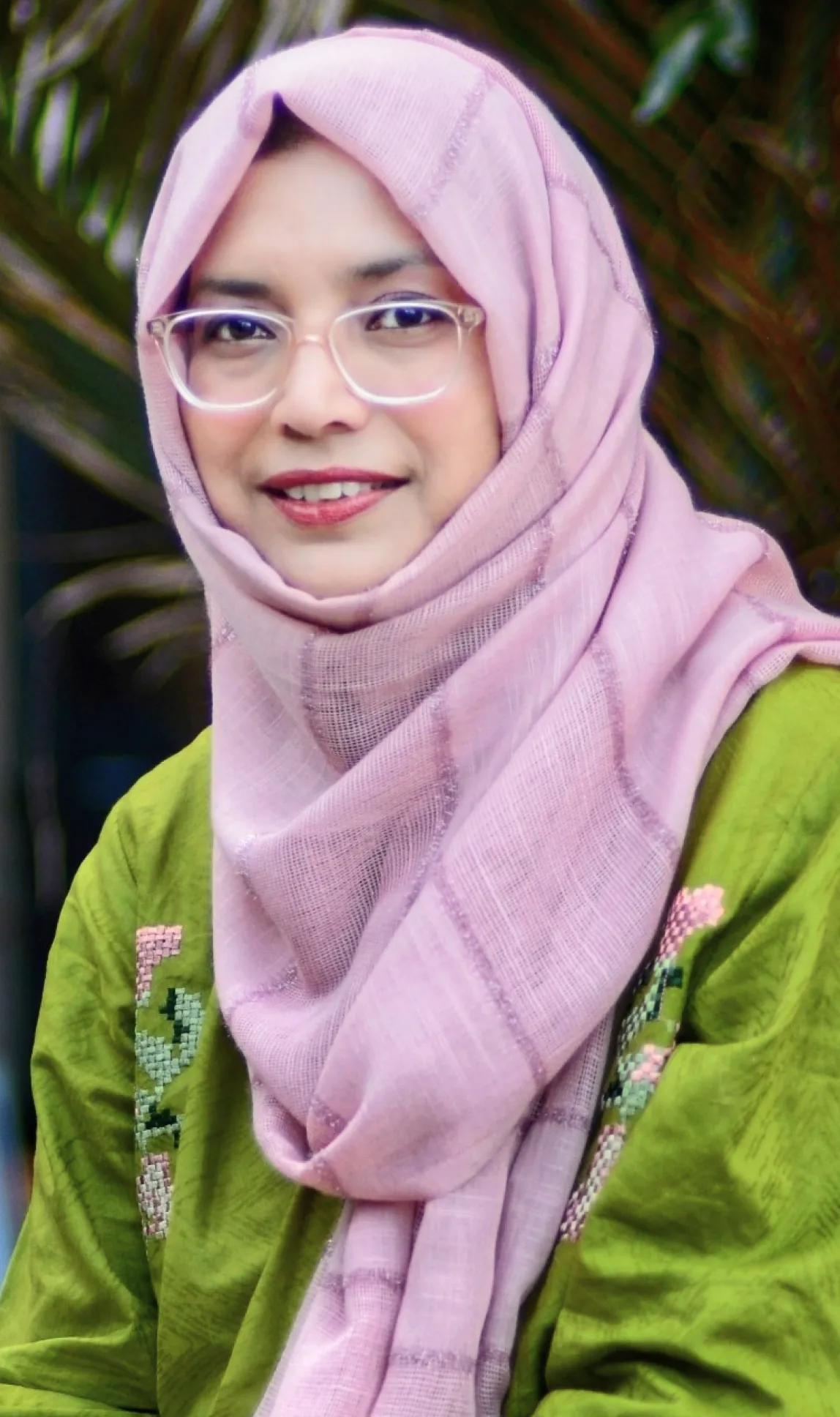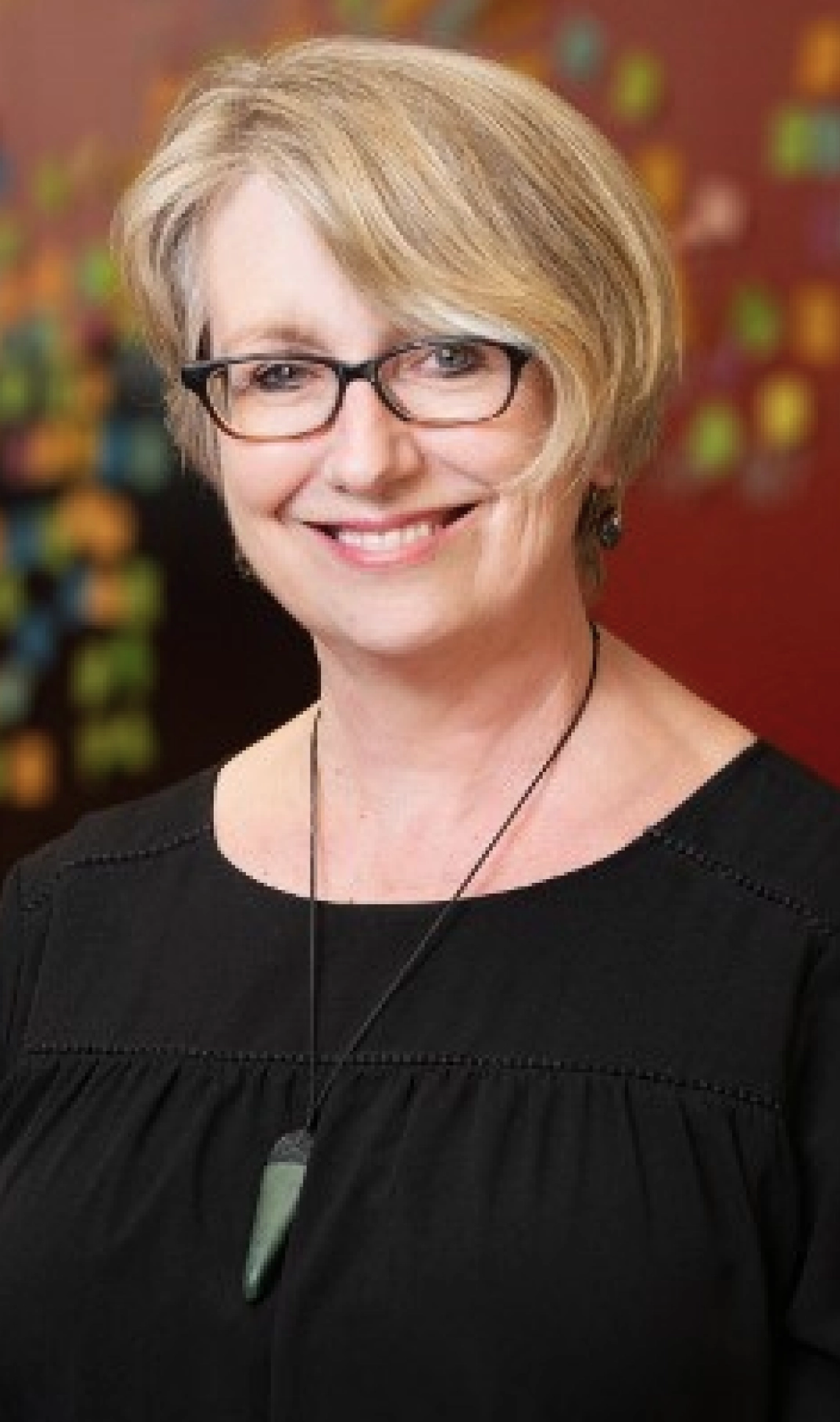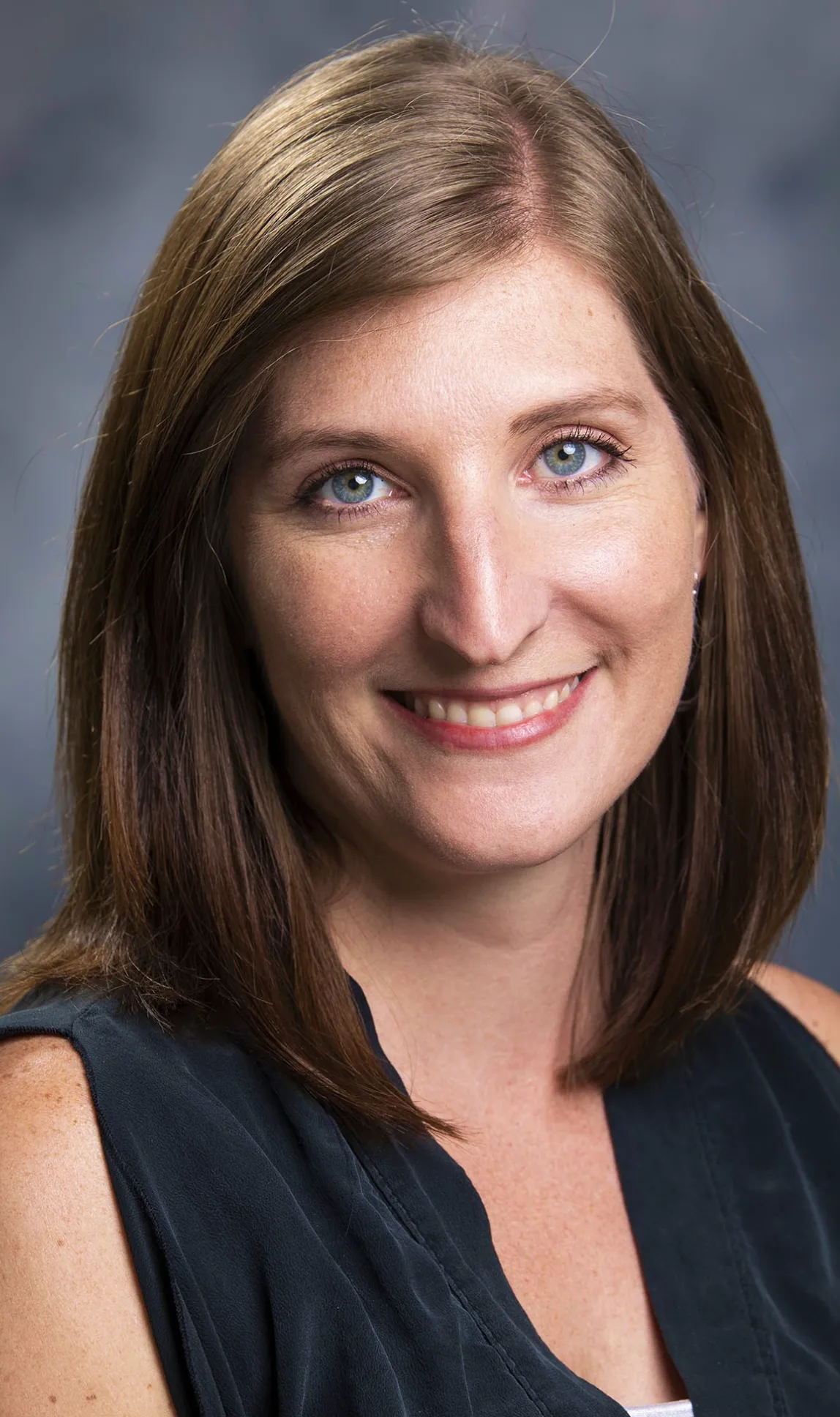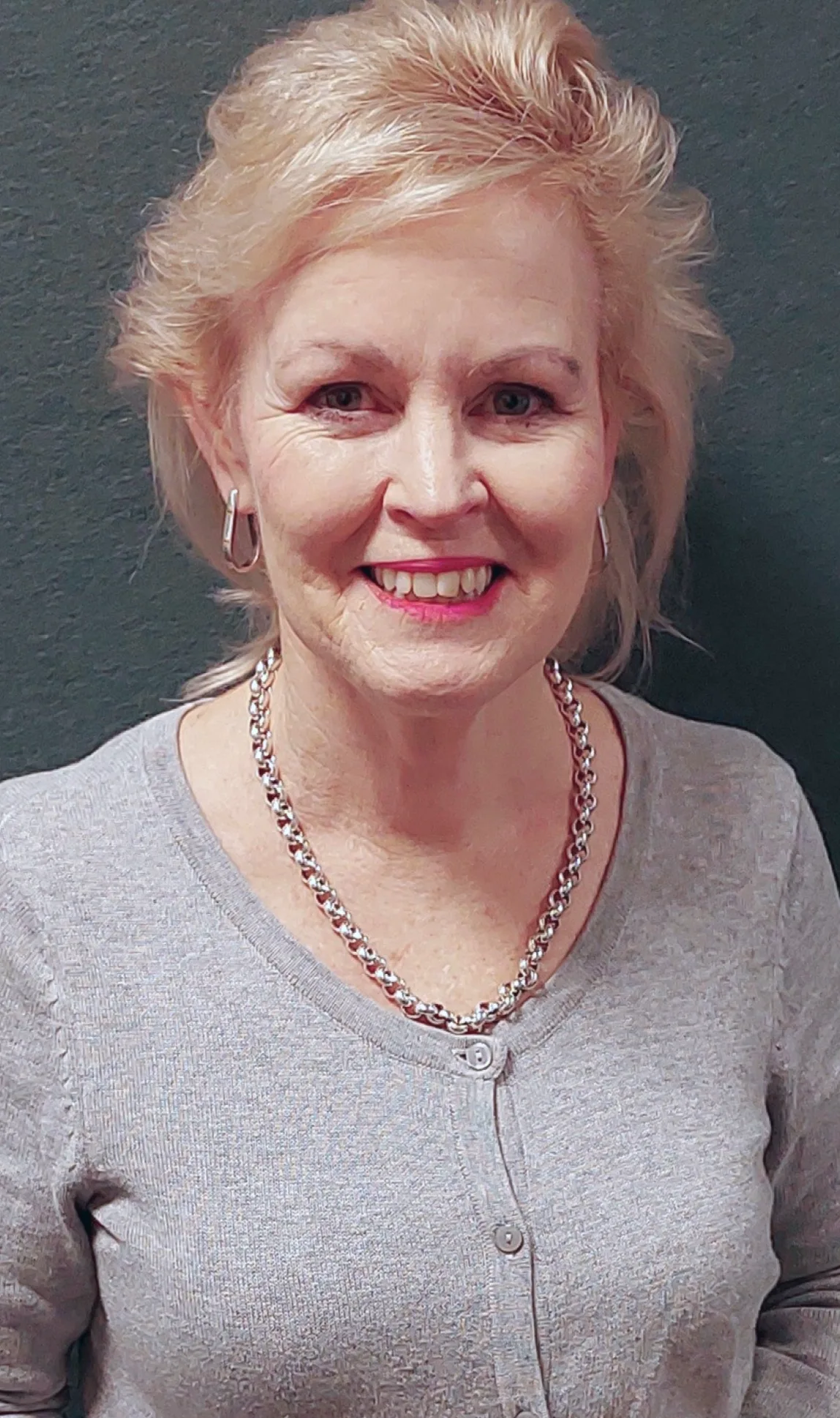Conversations that Inspire
Empowering Kiwi families with children with hearing difference with the necessary tools and resources in their journey
Why are interactions at home the best?
In the familial environment, where parents hold valuable insights into their child's needs, the primary focus remains steadfastly on nurturing their well-being and development. Emphasizing the creation of a calm and supportive atmosphere, disruptions are minimized to enhance learning opportunities. This is particularly crucial during the first 1,000 days of life, a key learning window where every experience profoundly shapes a child's future path.
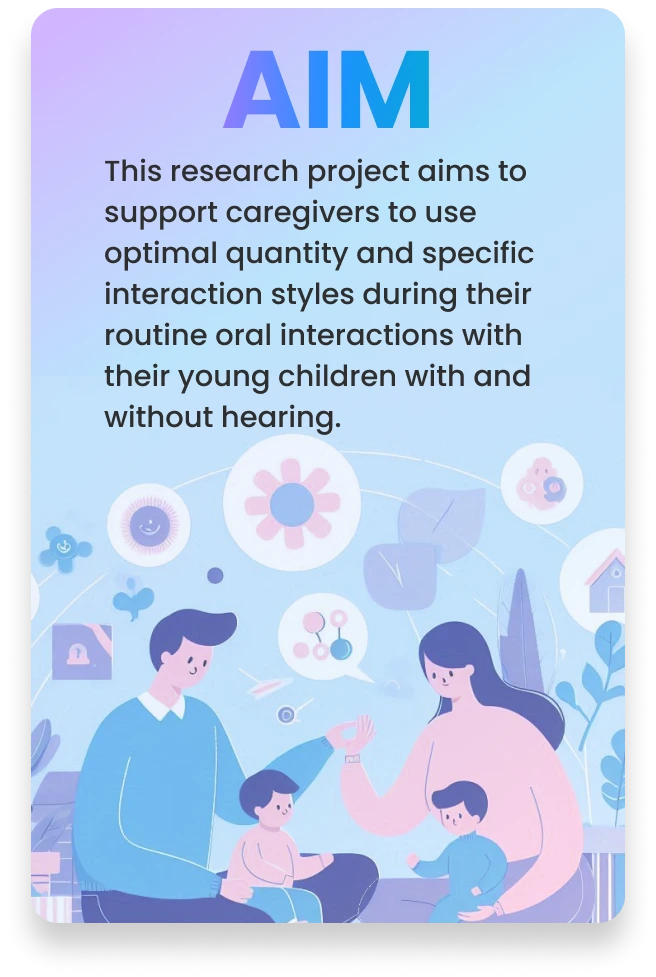
This study will address following research questions.
Q1
Does FSP increase AWC, CTC, and optimal interaction styles compared to baseline cross-behavior assessments?
Q2
How increased open-ended questions support a child’s oral language skills?
Q3
How increased expansion support a child’s oral language skills?
Q4
How increased recast support a child’s oral language skills?
Our Impact
Click to view some of our latest articles explaining what we have been up to and giving you insights into our Speech Science Dept.
✨Building brain through Conversations,
Did you know that a playful exchange of words could build brains? With LENA technology, we measure these precious "conversational turns," counting each time an adult speaks and a child chimes in (or vice versa) within five seconds. From a baby's giggle to a toddler's pretend words, every sound matters. These turns are LENA’s way of capturing the vital "serve and return" interactions that spark brain development!
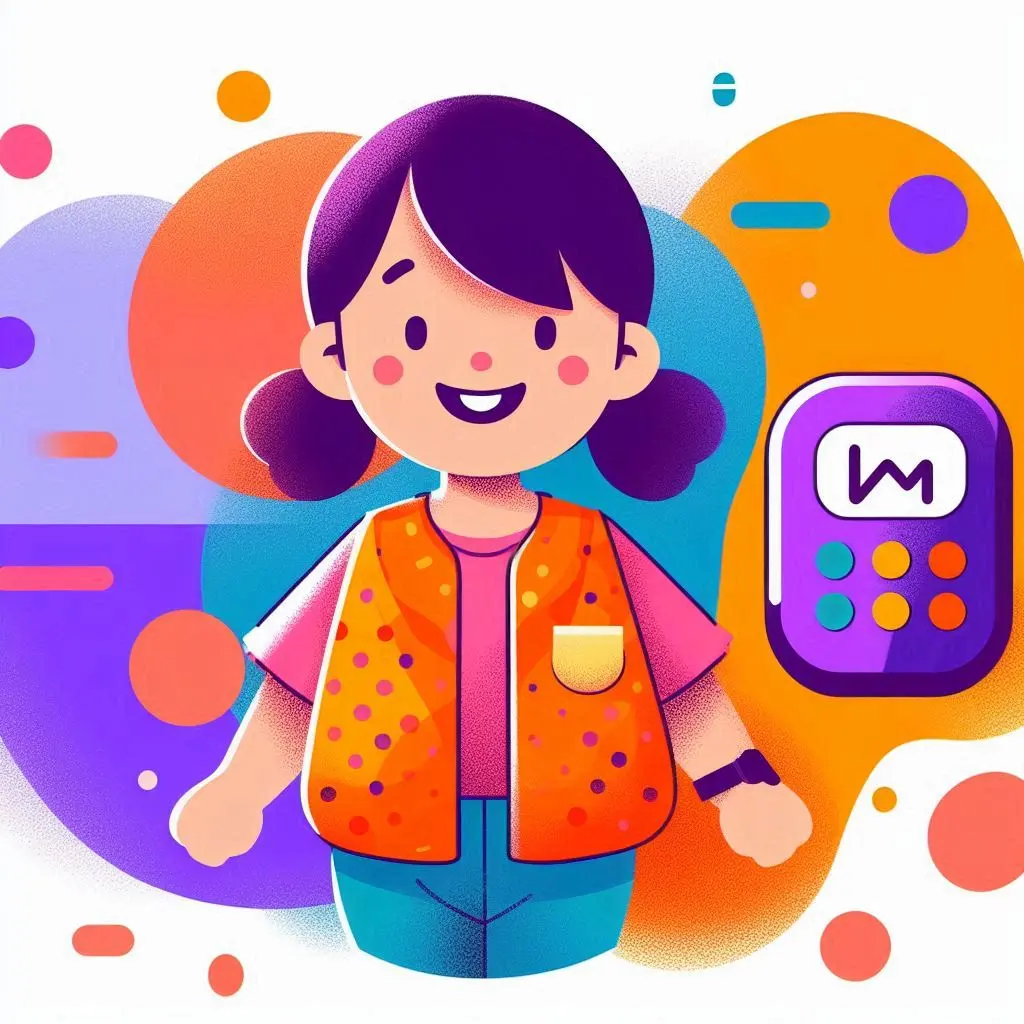
LENA Device
The LENA device, a compact and child-friendly recorder, is designed for children to wear for a day. It adheres to both U.S. and international safety regulations for electronics and toys. Unlike a cellphone, it doesn't transmit data and employs low-power processors similar to those found in hearing aids.

LENA Software
The LENA software analyzes the audio recorded by the device, converting it into valuable information about speech. This data is then presented in easily understandable reports that can be shared with caregivers. Through secure online tools, program management becomes efficient, with real-time assessments of fidelity and effectiveness built-in.
Watch How it Works,
Click here to learn more: https://www.lena.org/The purpose of the programme is to facilitate the development of language learning skills in children with hearing differences by engaging with the families and whānau of children with hearing differences.
'Family Support Programme' is developed by a multidisciplinary team of proffesionals including...
Scientists
Audiologists
Auditory-verbal therapists
Speech-language therapists
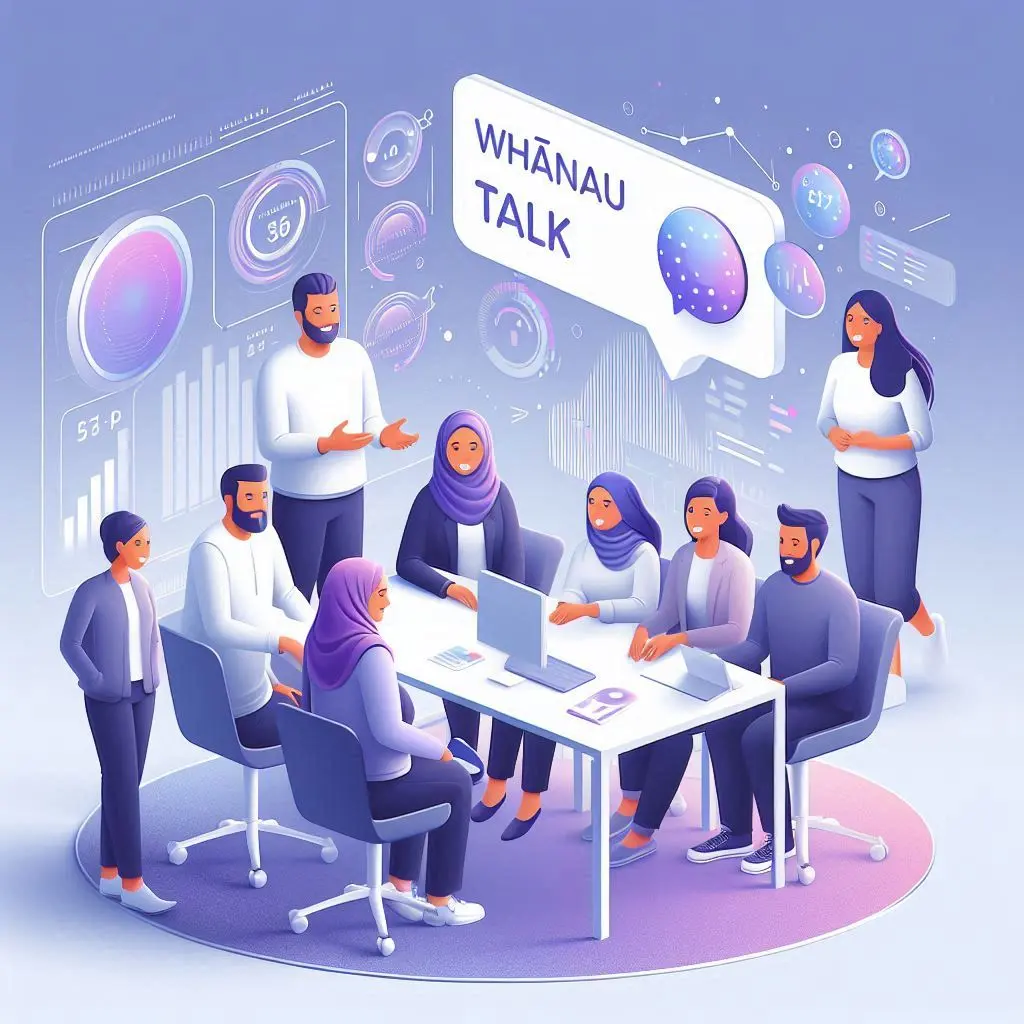
✨Call for Participation in Parent/Caregiver Coaching Study
Published on March 8, 2024
We invite families of children with hearing loss to take part in the study. Caregivers and their children with hearing loss will participate in pre-post assessments and 3 training sessions either in person or via video link. We will support parents on how to interact and engage their children with hearing loss in different natural play-based learning activities. We will use full-day LENA recordings to collect data. Data is automatically deleted after the communication measures are analysed to see your child’s progess.

Who can participate?
The research study is open to children with hearing loss and their parents or caregivers. Caregivers can include parents or any other adults responsible for the child's care. Families are eligible to participate if they have a child with hearing loss who meets the following criteria:
- ✔️ Age: Between 1 to 5 years old.
- ✔️ Did not pass Newborn Hearing Screening.
- ✔️ Diagnosed with hearing loss between 3-6 months of age.
- ✔️ Regularly uses hearing devices such as cochlear implants or hearing aids.
- ✔️ Resides in a home where one or more languages are spoken.
- ✔️ Primarily speaks English, particularly within the household.
- ✔️ Can copy some spoken words.
- ✔️ Does not have any other disabilities aside from hearing loss.
Compensation/Gift
Participants will receive a $25 E-voucher for each training session attended, as recognition of their time and the associated costs of participating in the research. Additionally, families will be provided with a $10 voucher for mobile phone data top-ups to facilitate their participation in phone call follow-ups. Interested families are encouraged to contact the research team for more information on participation.

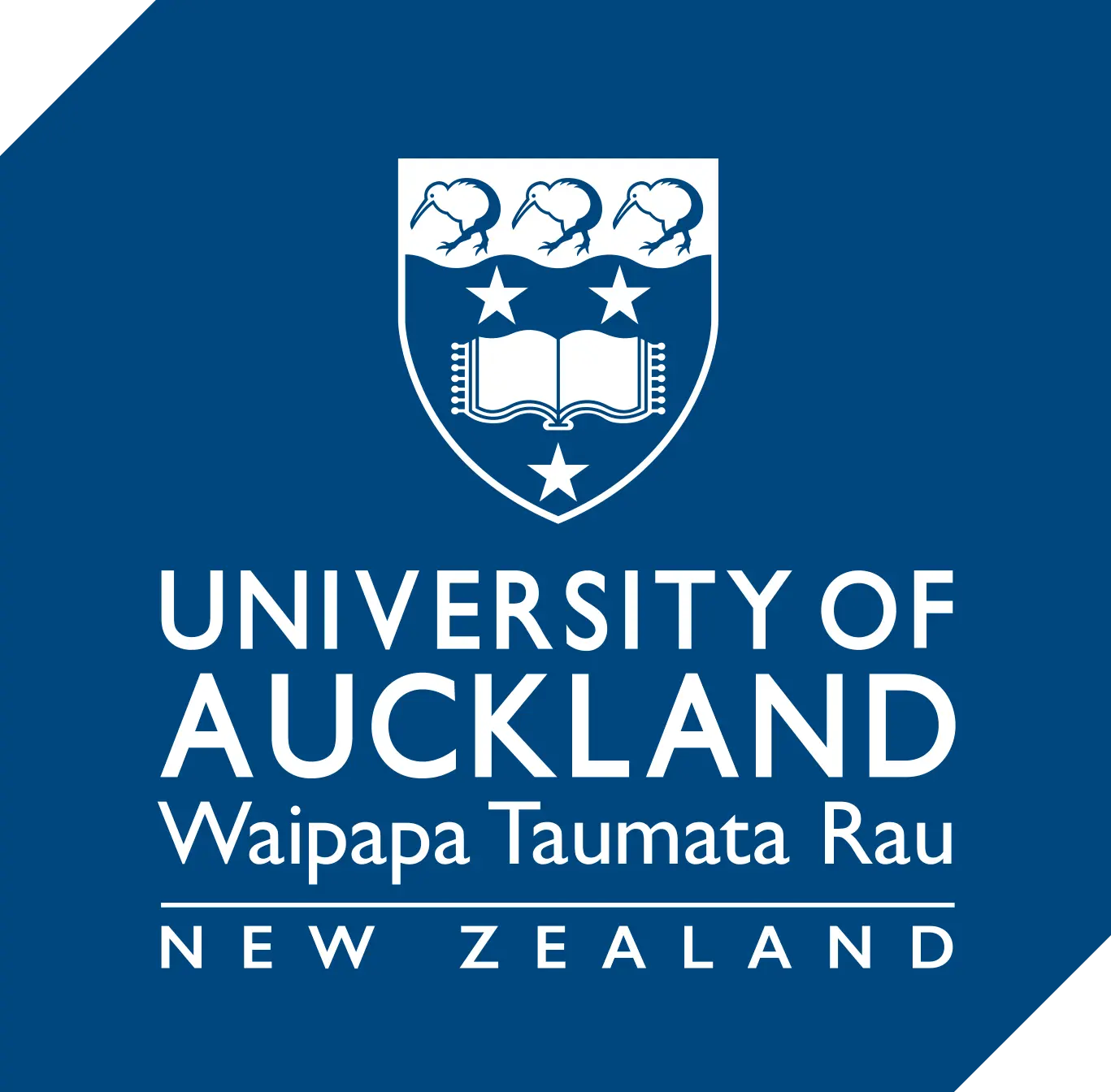
Participate in our research
Become a part of a community dedicated to enhancing the learning experience for children with hearing differences and evolve with us as we embark on our groundbreaking research program. Together, let's make a difference in the lives of our children. Connect, share, and grow with us.
Contact Us✨For a Child, responsive relationships are the foundation...
and it all starts with conversations
Simply follow the steps
01.
Fill Contact form
02.
Meet Our Team
03.
Get Free Training
04.
Apply new learning with your child
We are coaching parents/caregivers to expose optimal quantity and quality of interaction with their children with hearing differences.
Help our team discover
Language Environment
We are happy to partner with people all over the globe in our research. If you are interested in collaborating with us,


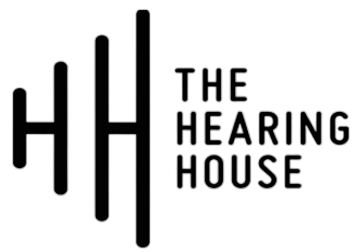
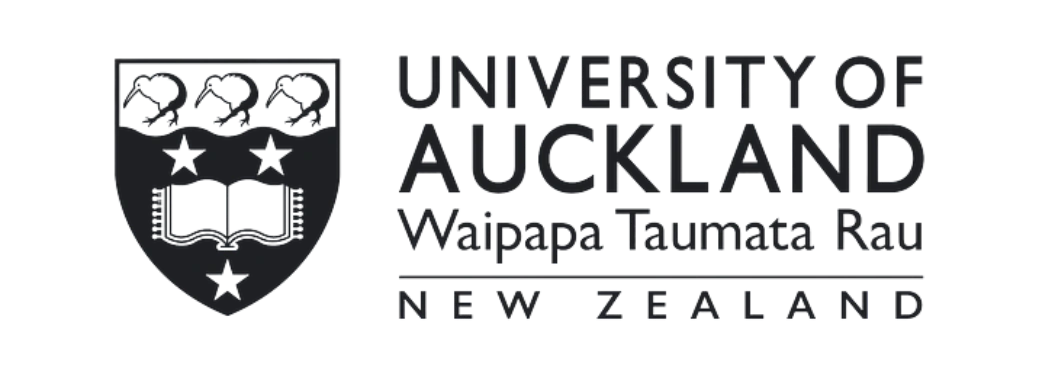
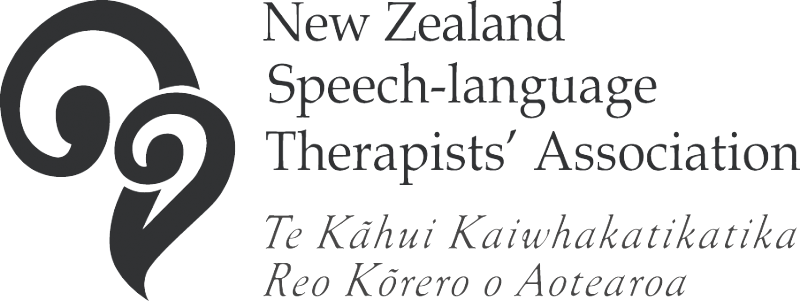
FAQ
Frequently Asked Questions
We want to make your learning journey as smooth and enjoyable as possible, so you can concentrate on what truly matters. That's why we're excited to share a list of FAQs designed to help you navigate our family support program effortlessly.We're here to support you every step of the way, ensuring you and your child can thrive together!
Children are eligible if they are between 1 to 5 years old, passed newborn hearing screening, diagnosed with hearing loss between 3-6 months of age, regularly use hearing devices, and can copy some spoken words.
The program is specifically designed for children whose only disability is hearing loss. If your child has additional disabilities, other programs may be more suitable.
According to research, the first few years are crucial for a child's development. Early intervention during this period can have significant positive impacts on language acquisition and cognitive development.
Caregivers will receive training through three sessions focused on engaging and interacting with their children using play-based learning activities. Training sessions can be conducted in person or via video link, making it convenient for families to participate from their home environment.
LENA technology involves using specialized audio recording devices to capture and analyze verbal interactions around the child, providing insights into their language exposure and helping to enhance language development.
Yes, any adult responsible for the child's care, including grandparents and other caregivers, can participate in the training sessions.
Follow-up support includes phone call check-ins and additional resources to help families continue implementing the strategies learned during training.
The program is designed for families where one or more languages are spoken, with a focus on enhancing language interactions in the primary language spoken at home, particularly English.
Data is collected through pre-post assessments and full-day LENA recordings, which capture the quantity and quality of verbal interactions in the child's environment.
Contact us
Please don't hesitate to contact us via this form if you want to participate in our Family Support Programme, have anything you would like to share, or want to get in touch for collaboration. We will reply as soon as possible and are looking forward to hearing from you.
